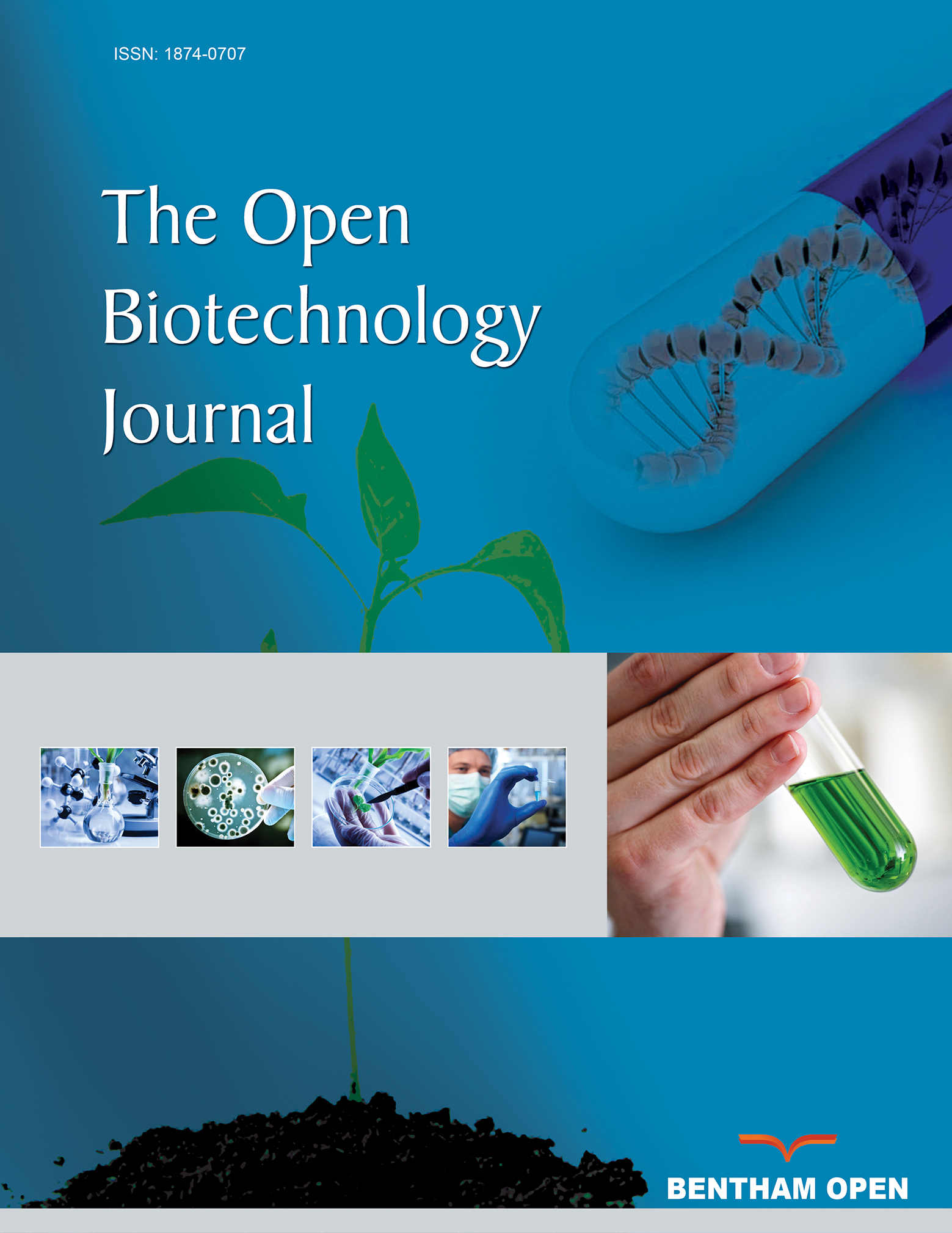All published articles of this journal are available on ScienceDirect.
The Influence of Fermentation on the Content of Alkylresorcinols and Lignans in Plant Products
Abstract
The aim of this study was to evaluate the influence of solid state fermentation (SSF) and submerged fermentation (SmF) with bacteriocin-like inhibitory substances (BLIS) producing lactic acid bacteria (LAB) (Pediococcus acidilactici, Lactobacillus sakei and Pediococcus pentosaceus) on the content of alkylresorcinols (ARs) and lignans in plant products (barley bran, pea fiber, and lupine seeds).
Lignans analysis was performed by HPLC-MS/MS, and alkylresorcinols content was evaluated by GC/MS.
We found that with the experimentally tested LAB, under SSF conditions more organic acids were produced and in most cases a higher count of the LAB was found in SSF samples, compared to the SmF samples.
The matairesinol content was increased by using fermentation (from 7.9 to 35.4 % in pea fiber, from 33.2 to 81.5 % in lupine seeds, and from 5.9 to 74.9 % in barley bran), and in most cases a higher content of matairesinol was found in the SSF samples. The content of secoisolariciresinol in the fermented samples was found to be higher, in comparison to the untreated samples. It was found that the total lignans content in the pea fiber had a strong correlation with the amylase activity (R=0.7908; P=0.0177).
Our results suggested that the total ARs content in pea fiber, lupine seeds, and barley bran was 267 µg/g; 1757 µg/g, and 1488 µg/g, respectively, and by using the LAB fermentation, the ARs content was reduced by 40 to 73 %, by 10 to 77 %, and by 24 to 74 %, respectively.
We conclude that by using the LAB fermentation, the concentration of lignans in plant products could be increased, but the ARs content could be reduced, and the proper conditions should be selected for the fermentation, in order to prevent possible losses of these biologically active compounds.


